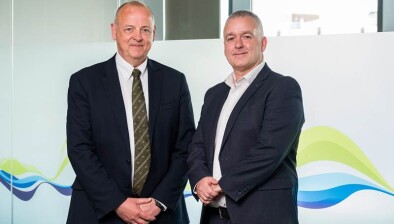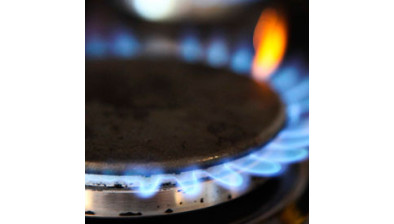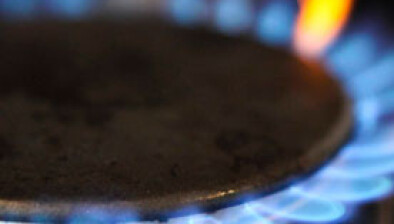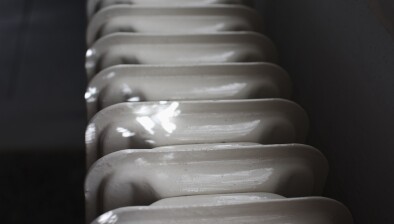Scotland’s changing energy market ‘must put consumers first’
Citizens Advice Scotland has welcomed a new report which argues that the rapidly-changing energy market across the UK means there is a need for new measures to protect consumers.

‘Future for all’, which is published today by Citizens Advice in England and Wales, has warned customers in vulnerable circumstances are particularly at risk as the need for decarbonisation accelerates the rate of change.
Citizens Advice said new ways of buying energy will be increasingly available to householders and small businesses.
These could include consumers being able to trade power locally, agreeing to a fixed price for a set level of comfort, or getting a better deal by only using appliances at certain times.
The charity argues that with its local offices already helping 80,000 people with energy supply problems every year, it is vital consumer protection keeps pace with changing technology.
Its research has found the three main barriers for people trying to access the energy technologies of the future:
- Upfront costs: some future energy services will involve installing new equipment like battery storage, an investment too expensive for many people
- Digital exclusion: 3 million British adults are not online. Many more don’t feel confident in using apps and websites
- Lack of trust: people are wary of appliances like smart meters accessing their energy data.
Citizens Advice said a forthcoming consultation document from the energy regulator Ofgem and the UK Government, is an ideal opportunity to lay the groundwork for reforms.
The charity’s report said the future energy retail market should be set up to reflect four important principles: Engagement, Transparency, Fairness and Control.
Gillian Guy, chief executive of Citizens Advice, said: “The government’s recent adoption of a net-zero carbon emissions target means big changes in how we access energy are on the way.
“New innovations in the way we heat and light our homes will bring benefits for many. The danger is that some of the most vulnerable in society end up excluded from these exciting developments.
“How much you earn, or whether you’re confident with a smartphone, shouldn’t prevent anyone from getting the best out of this rapidly evolving market.”
Citizens Advice Scotland energy spokesperson Dr Jamie Stewart added: “We fully support the findings in this report, which highlight the urgent need for consumers across the UK to be protected in an energy market that is gearing up for change. The changes are not in themselves a bad thing, indeed they can offer customer savings and greater efficiency, but it is important that the right protections are in place to help consumers engage confidently with all new products and systems.
“Our own evidence from the Citizens Advice network in Scotland is already showing the highly stressful situations consumers can face when companies are installing new technologies in their homes without suitable protections. We have seen cases where householders have been left with thousands of pounds worth of debt after signing up for products they were told were free.
“As well as protections to prevent such situations, it’s also really important that an appropriate redress process exists and is easy for people to use. This will ensure that when things do go wrong they can be put right quickly. Such a process will help build confidence in the market and let people see the benefits that new technologies and ways of interacting with the market can bring.
“Our own evidence in Scotland shows that it is often those who need the most support who are least able to access it and are least likely to take money-saving actions like switching supplier. Given the added complexity and high up-front cost of some of the new technologies entering the market it’s important that those already disadvantaged are not left behind. New solutions should prioritise those who are most in need of the advantages that technology and innovation can bring.”







